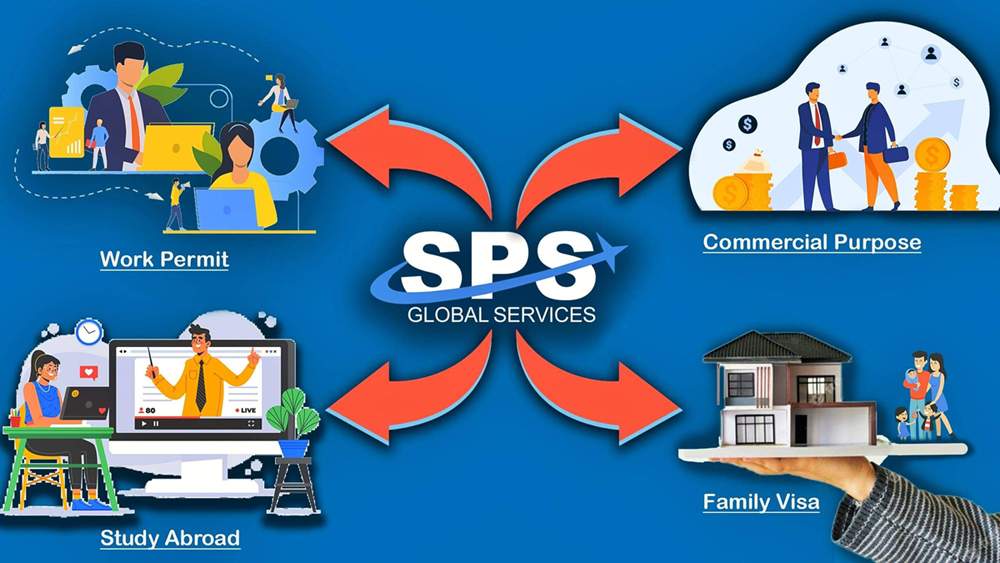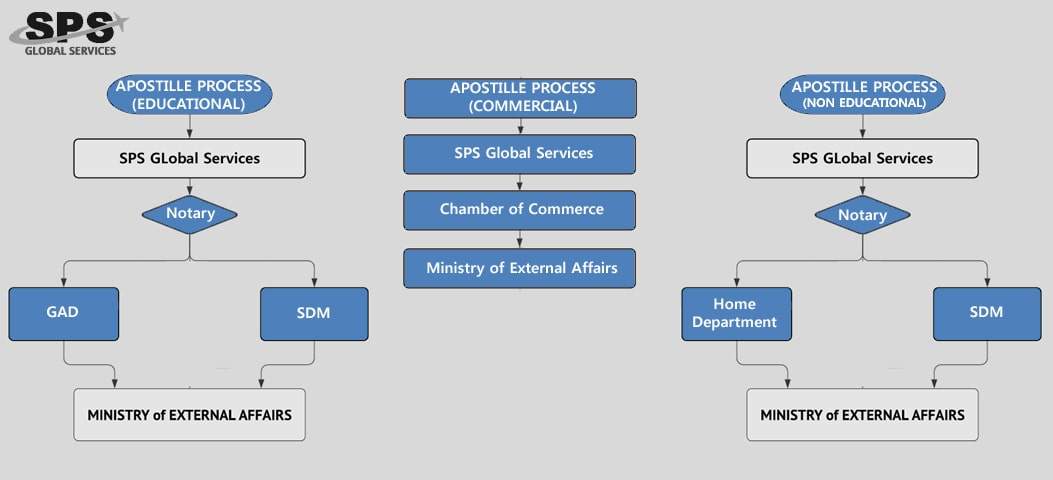
When it comes to using your documents in another country, there are two common methods of authentication: apostille certification and legalization. While both methods serve a similar purpose, they have some key differences that may make one more appropriate than the other for your specific needs. In this blog post, we'll discuss the differences between apostille services and legalization and help you determine which method is right for your international documents.
Apostille certification is a process that verifies the authenticity of a document for use in another country. It's a form of authentication that is recognized by over 100 countries, including those that are signatories to the Hague Convention of 1961. Essentially, apostille certification is a way of verifying that the document in question is genuine, and that any signatures, seals, or stamps on the document are also authentic.
Legalization, on the other hand, is a process that is used to authenticate documents for use in countries that are not signatories to the Hague Convention. Legalization involves several steps, including notarization, authentication by the appropriate government authority, and authentication by the embassy or consulate of the foreign country where the document will be used.
While both apostille certification and legalization serve a similar purpose, there are some key differences between the two methods. Here are a few of the most important differences to consider:
One of the biggest differences between apostille certification and legalization is the number of countries that recognize each method. Apostille certification is recognized by over 100 countries, including most European countries, the United States, Canada, Australia, and New Zealand. Legalization, on the other hand, is typically required for countries that are not signatories to the Hague Convention, such as China, India, and the United Arab Emirates.
Another important difference between apostille certification and legalization is the time and cost involved in each process. Apostille certification is typically faster and less expensive than legalization, since it involves fewer steps and is recognized by more countries. Legalization, on the other hand, can be a lengthy and costly process, especially if you need to have your documents authenticated by multiple government agencies and embassies.
The type of document you need to authenticate can also play a role in determining whether apostille certification or legalization is the best option. Apostille certification is typically used for personal documents such as birth certificates, marriage certificates, and academic records. Legalization, on the other hand, is typically required for commercial documents such as certificates of origin, commercial invoices, and bills of lading.

The method you choose for authenticating your international documents will depend on a variety of factors, including the country where the document will be used, the type of document, and your budget and timeline. Here are a few scenarios where one method may be more appropriate than the other:
If you need to authenticate personal documents such as birth certificates or academic records for use in a country that is a signatory to the Hague Convention, apostille certification is likely the best option. This process is typically faster and less expensive than legalization, and is recognized by most Hague Convention countries.
If you need to authenticate commercial documents such as certificates of origin or bills of lading for use in a country that is not a signatory to The Hague Convention, legalization is likely the best option. This process may be more costly and time-consuming than apostille certification, but it is necessary for ensuring that your documents are recognized as authentic and legally valid in the foreign country where they will be used.
If you need to authenticate documents for use in a country that accepts both apostille certification and legalization, you will need to consider the specific requirements and preferences of the foreign government or institution where the documents will be used. In some cases, apostille certification may be the faster and less expensive option, while in others, legalization may be required.

In conclusion, both apostille certification and legalization serve important roles in verifying the authenticity of documents for use in foreign countries. The method you choose will depend on a variety of factors, including the country where the document will be used, the type of document, and your budget and timeline. By understanding the differences between these two methods, you can make an informed decision and ensure that your international documents are authenticated correctly and efficiently.